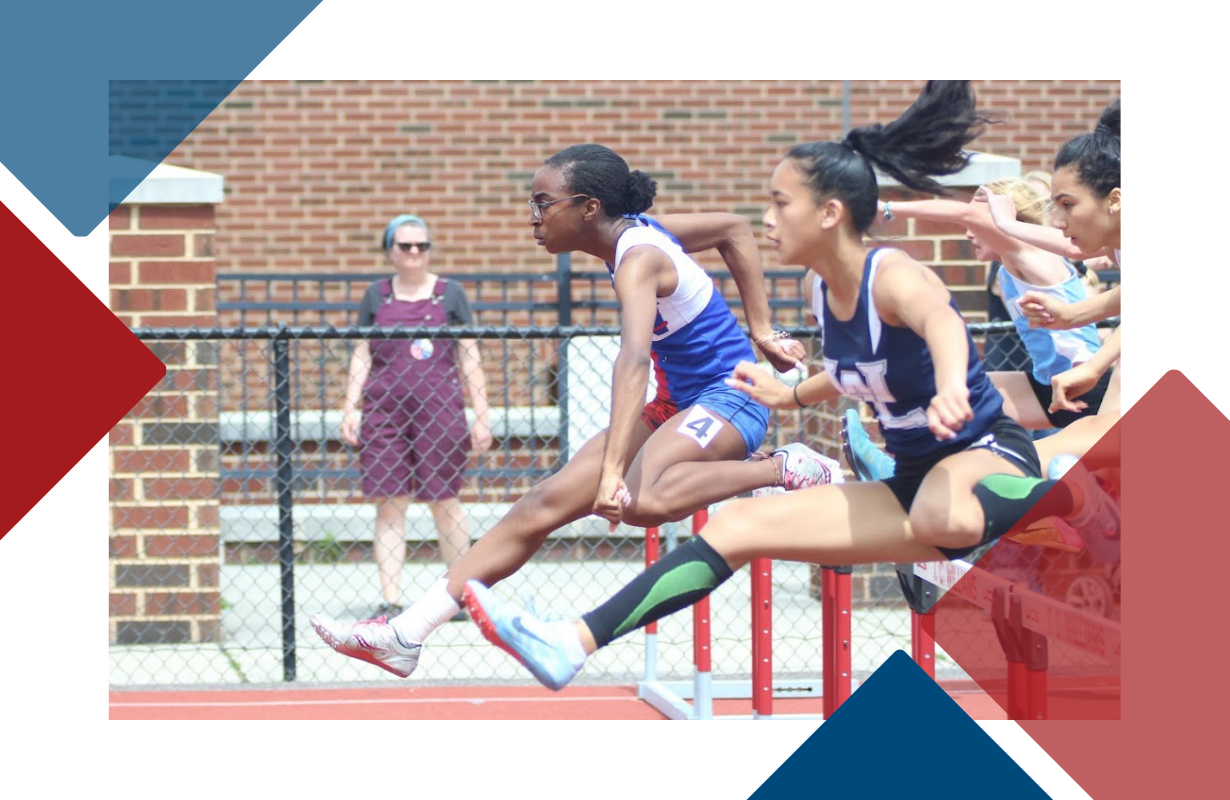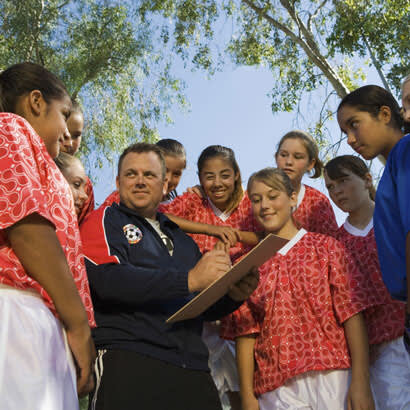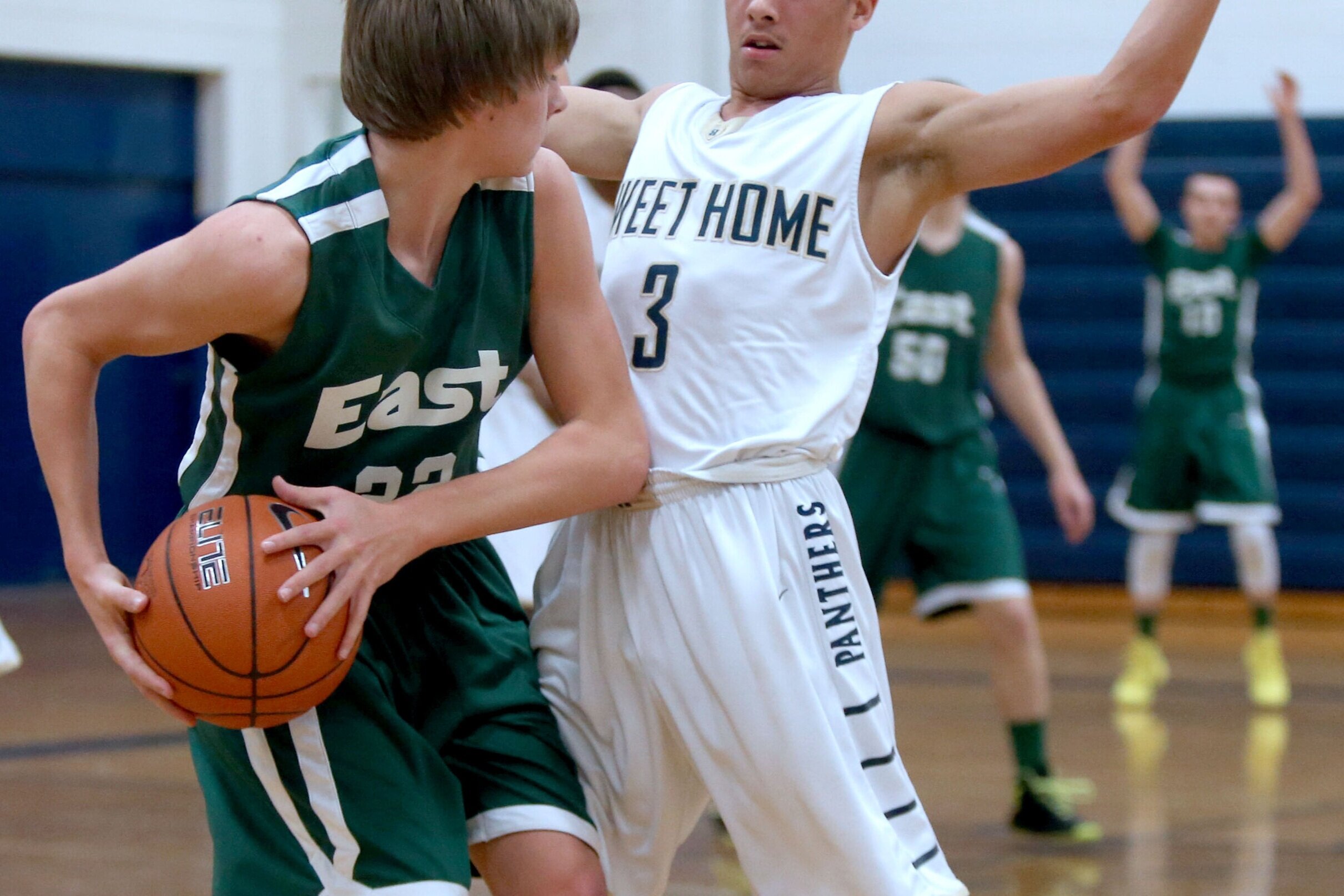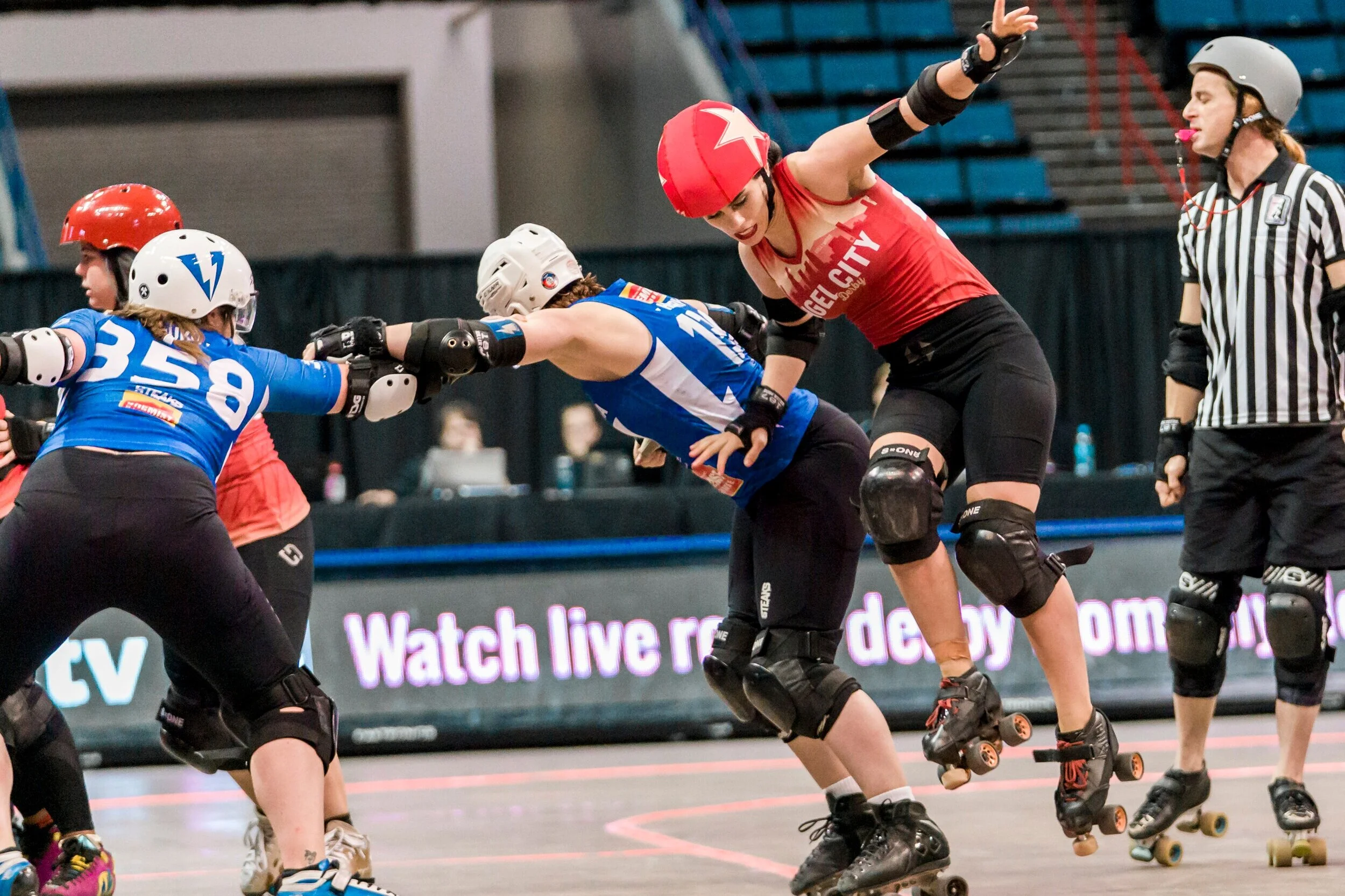Events of the past few months have brought high anxiety, grief and trauma for kids and families. As we return to play, what actions can we take to ensure that life skills and mental health are central to kids’ sports experiences? What role can adults play in shaping these experiences?
On June 10, Project Play hosted a conversation with leading experts about how sports can be a tool to support mental health and social and emotional well-being. The time is now to coach mental health in youth sports. Here are highlights from the discussion.
Rebekah Roulier, Doc Wayne Youth Services
Rebekah Roulier
“We are just at the beginning of a secondary mental health pandemic. The implications of social isolation and the stress upon us all will continue for years. … Although most coaches are not working in a professional (health) capacity, there are 6.5 million coaches in the United States, which far outnumbers the mental health professionals such as myself (577,000) who struggle with workforce shortages and long waiting lists. Coaches are the ones that kids trust.”
“Stress in general isn’t necessarily bad for young people. If you’re on the field in a really difficult situation, some of that anxiety can make you a better player. When stress is buffered by a caring relationship, like from parents or coaches, you can gain skills from it and learn to navigate situations in the future. But when it’s not and lasts for a longer period of time, it can alter the brain and the ability to learn, and this can result in poor behavior and ultimately result in poor life outcomes. … Our foundational (mental health) skills should be built as early as possible so that it’s built into a child’s DNA. They can learn this when they’re 3 or 4 years old.”
Strategies for return to play
Coach regulation: “For the coach to really make the most impact, they must be regulated. You can’t regulate somebody else unless you’re regulated yourself. To do that, I recommend that coaches develop coping skills. That can be as easy as exercise, deep breathing, texting a friend, watching a funny movie. Do things that make you feel better in your life.”
Safe space: “Use your voice as a tool using your relaxed tone of voice. If you talk really fast and really quick, then you’re going to create more anxiety for your athlete. Ask open-ended questions. Reflect on feelings that come up. If you hear something in your conversation with athletes, reflect that back and say, ‘I hear you are anxious or excited about this upcoming game.’”
On-field mental health training: “Design drills and games in practices that teach mental health skills. … At Doc Wayne, we use what’s your swish and what’s your miss when we check in with younger athletes. For the older athletes, you can walk aside them as they’re getting their gear on or getting touches on the ball and check in with them using some of the language that’s parallel to sports psychology. Are you focused? Are you ready? How’s it going? What’s impeding your performance? You can begin to open that door to talk about mental health.”
Include mental health in strategy and team culture: “Make referrals with mental health based on all the things that might come up in a conversation. You probably have a referral list for strength and conditioning and physical therapy. You want to add these mental health referrals on that list.”
Conversation with incoming Old Dominion University football player Keyshawn Hunter and his mentor, Donald Curtis of SOUL
Donald Curtis
Curtis: What are you doing to maintain mental health during this time?
Hunter: “I mostly spend my time and energy on my clothing line. That’s helped me on the creative side keep my sanity. I haven’t seen my grandmother in months. Two of my great-grandmothers, they’re both in their 90s. I haven’t been able to see them. … I had a few family members that died (of COVID-19). It’s kind of hurt because I’m more family-oriented.”
Keyshawn Hunter
Curtis: There are protests going on and George Floyd’s death, and the tension just increases. As a student-athlete, how has that impacted how you look at yourself and society?
Hunter: “Me going to ODU on full scholarship as an athlete, it kind of makes me feel like, where is my voice? What do I really stand (for)? … Athletes are starting to speak up and be more vocal. But like when (Colin) Kaepernick spoke up (about police brutality) and other people (did too), they lost their job. I’m expressing my personal opinion and now you’re saying the sport I love is above the law? … It makes you feel like, where’s your worth, like who am I? I’m just kind of learning that for myself.”
Curtis: How can coaches best be supportive for players like you during this time?
Hunter: “They can be best supportive like what we’ve been doing (in Curtis’ weekly men’s group discussions with Hunter). We’re having a conversation. We try to find a little small place to go to and just (have) mental checkups. … If we’re gonna sit right here and have a conversation, don’t talk at me, talk to me.”
Curtis: Relatability is important. When coaches don’t come off as authentic, how does that impact you as an individual trying to connect with them?
Hunter: “I was taught to shoot through the BS. You’ve got to learn the person. Some coaches try to pose as something they’re not. Some coaches you see as real genuine. And some coaches they just don’t care. They want you for what you do on the field. They don’t care about you as a person. I’ve experienced all those. It’s the phrase next man up. Like when you’re (injured), next man up. I always (had) seen that as a grabbing point, but now looking back on it, you’re basically saying, ‘I didn’t care about you from the start.’ They’re just saying they were using you.”
Curtis: How do you find support from a coach when you’re at the low end emotionally?
Hunter: “The people like my parents, they know me (and can tell when he’s low), they know how I move, my facial expressions. From a coaches’ standpoint, they won’t know (he’s down emotionally) unless I tell you. Football is built around raw emotion. That’s what it is. It’s just raw emotion and brute strength. You let all your anger and pain out within this time period. That’s been one of my main focal points in the game. I try controlling my anger by using it for the right purpose. Instead of letting it control me, I try to control it.”
Curtis: What’s something coaches should consider in order to improve themselves?
Hunter: “If you yell at me, it’s going to motivate me and get me going. But some people, you yell at them and put them down, that only makes the situation worse. Some people you (need to) pull to the side and say, ‘Hey man, you good? You OK?’”
Chris Moore, Positive Coaching Alliance CEO
Strategies to create a caring climate
Chris Moore
Talk to athletes about the team they want to have. “Ask the players what would it mean to really care for one another as teammates? How do you feel? Ask those questions rather than tell the player how they should feel.”
Create a daily connection with each athlete. “Let them know you care about them as individuals and as someone who needs them more than just playing sport.”
Coach athletes on how they can support each other. “Make this central to the team culture and point it out whenever it happens.”
Filling emotional tanks
“Coaches are always filling and draining the emotional tanks of their athletes. A coach who’s considered a tank drainer is probably being overly critical, shaming their players, using sarcasm to make their points, embarrassing them in front of the team. The tank-filling coaches always provide positive and instructive feedback. A full emotional tank allows the athlete to perform better.”
“The optimal performance is when athletes receive five pieces of positive feedback to every one negative feedback. We call this the magic ratio. It’s the best learning environment, it strengthens relations, and it’s motivating.”
Dealing with mistakes by players
“In a scoreboard environment, mistakes are not OK and that comes across with many coaches. In a mastery environment, mistakes are embraced as learning opportunities to maximize improvement. Coaches can teach accountability and responsibility after mistakes.”
“Mistakes can be like a time machine. They can keep an athlete fixated on something that happened instead of the next play. Adjust how you communicate. You hear coaches or teammates say, ‘Flush it, no sweat, brush it off.’ This goes back to the mindset of believing you can always get better. Mistakes are part of the game, but it’s the effort that’s essential to improving.”
Do you have a topic that you would like Project Play to explore in future COVID-19 youth sports coverage? Email Jon Solomon at jon.solomon@aspeninstitute.org.

























